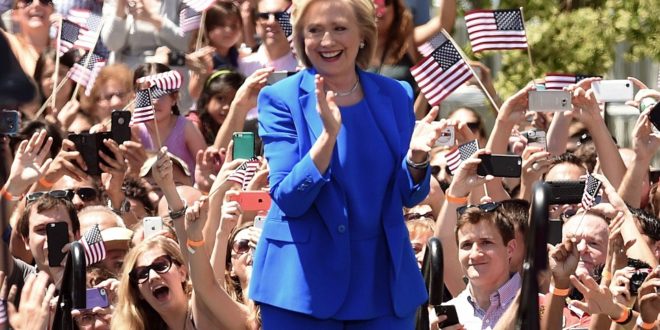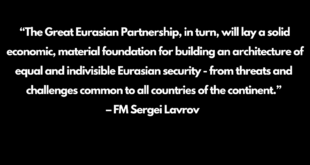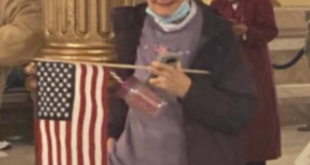Associated Press | August 23, 2016
WASHINGTON (AP) — More than half the people outside the government who met with Hillary Clinton while she was secretary of state gave money — either personally or through companies or groups — to the Clinton Foundation. It’s an extraordinary proportion indicating her possible ethics challenges if elected president.
At least 85 of 154 people from private interests who met or had phone conversations scheduled with Clinton while she led the State Department donated to her family charity or pledged commitments to its international programs, according to a review of State Department calendars released so far to The Associated Press. Combined, the 85 donors contributed as much as $156 million. At least 40 donated more than $100,000 each, and 20 gave more than $1 million.
Donors who were granted time with Clinton included an internationally known economist who asked for her help as the Bangladesh government pressured him to resign from a nonprofit bank he ran; a Wall Street executive who sought Clinton’s help with a visa problem; and Estee Lauder executives who were listed as meeting with Clinton while her department worked with the firm’s corporate charity to counter gender-based violence in South Africa.
The meetings between the Democratic presidential nominee and foundation donors do not appear to violate legal agreements Clinton and former president Bill Clinton signed before she joined the State Department in 2009. But the frequency of the overlaps shows the intermingling of access and donations, and fuels perceptions that giving the foundation money was a price of admission for face time with Clinton. Her calendars and emails released as recently as this week describe scores of contacts she and her top aides had with foundation donors.
The AP’s findings represent the first systematic effort to calculate the scope of the intersecting interests of Clinton Foundation donors and people who met personally with Clinton or spoke to her by phone about their needs.
The 154 did not include U.S. federal employees or foreign government representatives. Clinton met with representatives of at least 16 foreign governments that donated as much as $170 million to the Clinton charity, but they were not included in AP’s calculations because such meetings would presumably have been part of her diplomatic duties.
Clinton’s campaign said the AP analysis was flawed because it did not include in its calculations meetings with foreign diplomats or U.S. government officials, and the meetings AP examined covered only the first half of Clinton’s tenure as secretary of state.
“It is outrageous to misrepresent Secretary Clinton’s basis for meeting with these individuals,” spokesman Brian Fallon said. He called it “a distorted portrayal of how often she crossed paths with individuals connected to charitable donations to the Clinton Foundation.”
Republican presidential nominee Donald Trump fiercely criticized the links between the Clinton Foundation and the State Department, saying his general election opponent had delivered “lie after lie after lie.”
“Hillary Clinton is totally unfit to hold public office,” he said at a rally Tuesday night in Austin, Texas. “It is impossible to figure out where the Clinton Foundation ends and the State Department begins. It is now abundantly clear that the Clintons set up a business to profit from public office.”
Last week, the Clinton Foundation moved to head off ethics concerns about future donations by announcing changes planned if Clinton is elected.
On Monday, Bill Clinton said in a statement that if his wife were to win, he would step down from the foundation’s board and stop all fundraising for it. The foundation would also accept donations only from U.S. citizens and what it described as independent philanthropies, while no longer taking gifts from foreign groups, U.S. companies or corporate charities. Clinton said the foundation would no longer hold annual meetings of its international aid program, the Clinton Global Initiative, and it would spin off its foreign-based programs to other charities.
Those planned changes would not affect more than 6,000 donors who have already provided the Clinton charity with more than $2 billion in funding since its creation in 2000.
“There’s a lot of potential conflicts and a lot of potential problems,” said Douglas White, an expert on nonprofits who previously directed Columbia University’s graduate fundraising management program. “The point is, she can’t just walk away from these 6,000 donors.”
 Weaponized News New World Order politics, economics and current events
Weaponized News New World Order politics, economics and current events







